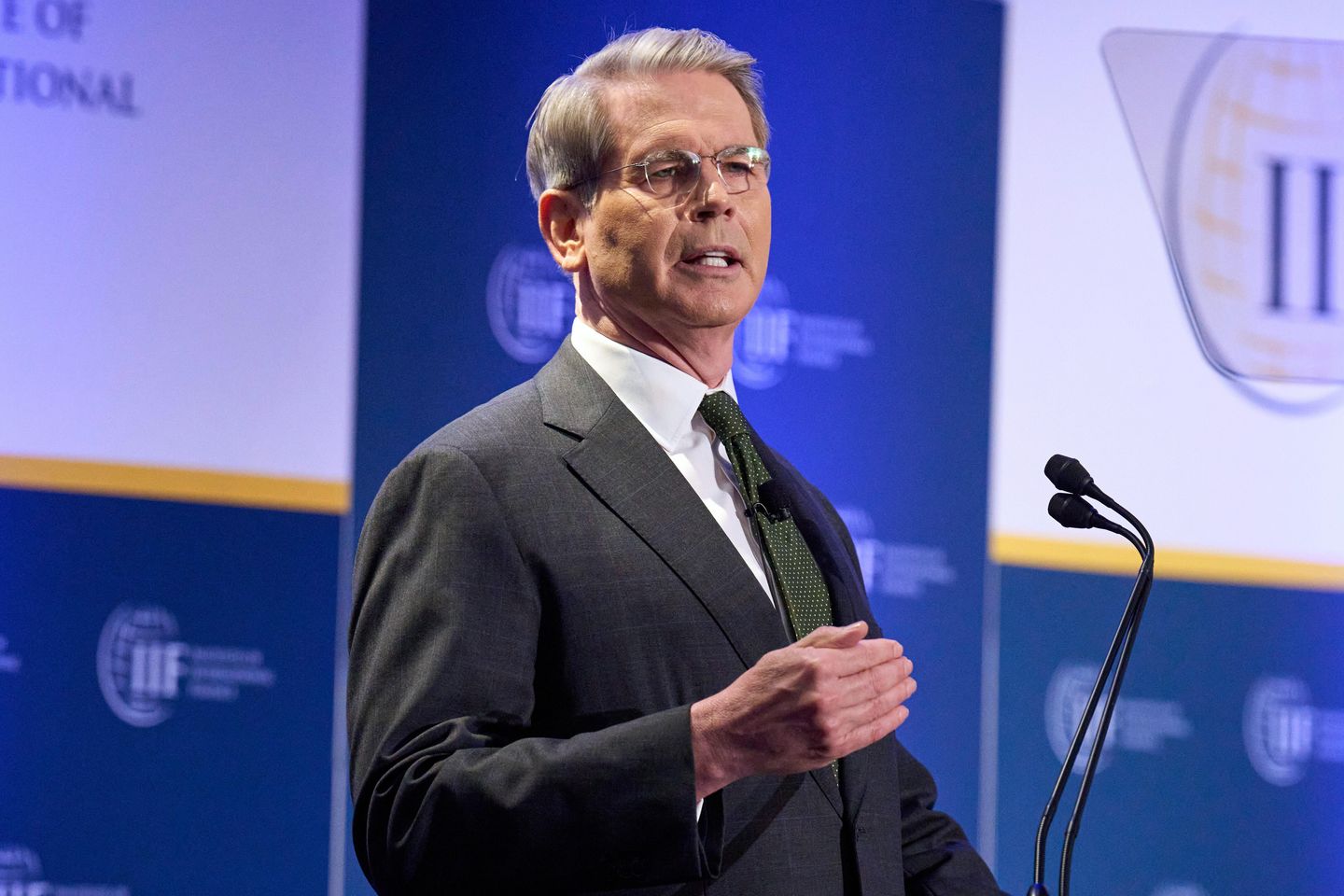
The U.S. Chamber of Commerce pleaded with President Trump on Thursday to grant tariff relief to small businesses that could suffer “irreparable harm” while awaiting trade deals with other nations.
The chamber, a massive lobby for businesses, said it appreciated efforts to reduce trade barriers and expand export markets, though it could not ignore potential downsides in the meantime.
“While we are hopeful these agreements can be reached quickly, we are deeply concerned that even if it only takes weeks or months to reach agreements, many small businesses will suffer irreparable harm,” chamber President and CEO Suzanne P. Clark wrote. “The chamber is hearing from small business owners every day who are seeing their ability to survive endangered by the recent increase in tariff rates.”
The letter is addressed to Treasury Secretary Scott Bessent, Commerce Secretary Howard Lutnick and U.S. Trade Representative Jamieson Greer.
Mr. Trump says his tariffs, a tax on foreign goods brought into the U.S., will force companies to set up shop in the U.S. and rebalance trade in favor of American workers.
He imposed a 10% tariff on all imports and heftier levies on countries that sell plenty of products to U.S. consumers but don’t buy nearly as much from American producers. Those larger tariffs were put on hold for 90 days to allow for negotiations, and China and the U.S. are locked in a trade war, with both sides imposing tariffs exceeding 100%.
SEE ALSO: As Trump’s aggressive trade agenda exasperates Wall Street, dip in GDP fuels recession fears
The chamber said small businesses that rely on exports for their business model need exclusions from the tariffs immediately.
Ms. Clark suggested three routes to relief:
• An exclusion for any small-business importer, since they “do not have the margin or capital reserves to sustain the increased tariffs, nor do they have the ability to quickly modify supply chains.”
• Automatic exclusions on products that cannot easily be sourced in the U.S., such as coffee, bananas, cocoa, certain minerals and “bespoke” industrial materials that U.S. manufacturers need.
• A process that allows businesses to apply for an exemption in cases in which tariffs would pose “significant risks” to employment. The chamber said 40 million American jobs depend on trade.
The chamber’s request is among high-level requests for relief from Mr. Trump’s tariff framework.
SEE ALSO: Trump says tariffs will force ‘transition period’ on some companies, promises to be ‘flexible’
Mr. Trump granted an exclusion from Chinese tariffs on certain electronics, a move viewed as a win for Apple, and he granted limited relief to automakers who said they needed time to source car parts from within the U.S.
The president said he won’t back off his trade plans, but he is trying to be flexible.
Too many exclusions could, however, water down the economic basis for Mr. Trump’s plan — leverage to decrease foreign trade barriers and spur U.S.-based manufacturing — or be viewed as a form of political patronage if too many companies come, hat in hand, looking for exclusions.
The White House says it needs time to implement its economic agenda, including massive tax cuts from Congress, and that Americans will like the results.
Ms. Clark said the chamber shares Mr. Trump’s “goals of expanding American production, creating new jobs, and growing our economy. To those ends, we look forward to continuing to work with the administration to advance pro-growth policies, including a permanent extension of the Tax Cuts and Jobs Act, deregulation, permitting reform and expansion of American energy production.”
White House Deputy Chief of Staff Stephen Miller said Thursday that the added tariff revenue would help pay for the GOP’s tax-relief plan.
He also said Mr. Trump’s economic plan was paying dividends in the form of cheaper energy and declining rates of inflation, and the disruption caused by digging in against Beijing would be worth the payoff.
“The reality is we can either surrender economically to China, or we can reclaim and reshore our manufacturing base and manufacturing needs,” Mr. Miller said at a White House press briefing.
















